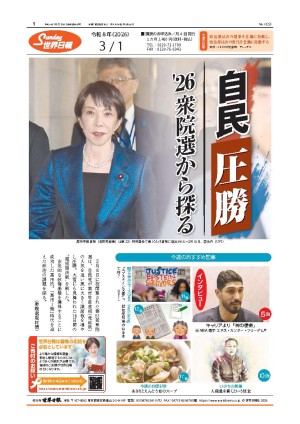大統領と国務長官、イラン核合意めぐり対立 Trump, Tillerson clash on nuclear deal noncompliance
トランプ政権の高官らの間で、トランプ大統領が、前任者オバマ大統領の下で交わされたイランとの核合意にイランが抵触したと宣言すべきかどうかをめぐって水面下で熱い議論が繰り広げられている。
トランプ氏は選挙戦中も、就任後もこの合意を強く非難してきたが、これまで合意を維持してきた。しかし、情報筋によると、10月の合意見直しでは、一部の高官らとの対立も辞さない覚悟を強めているようだ。
これが実行されれば、合意を破棄するという選挙公約の実行へ一歩進むことになるが、同時に、6月のパリ協定離脱以来、最大の同盟国との対立を招く可能性もある。
...【全文を読む】







